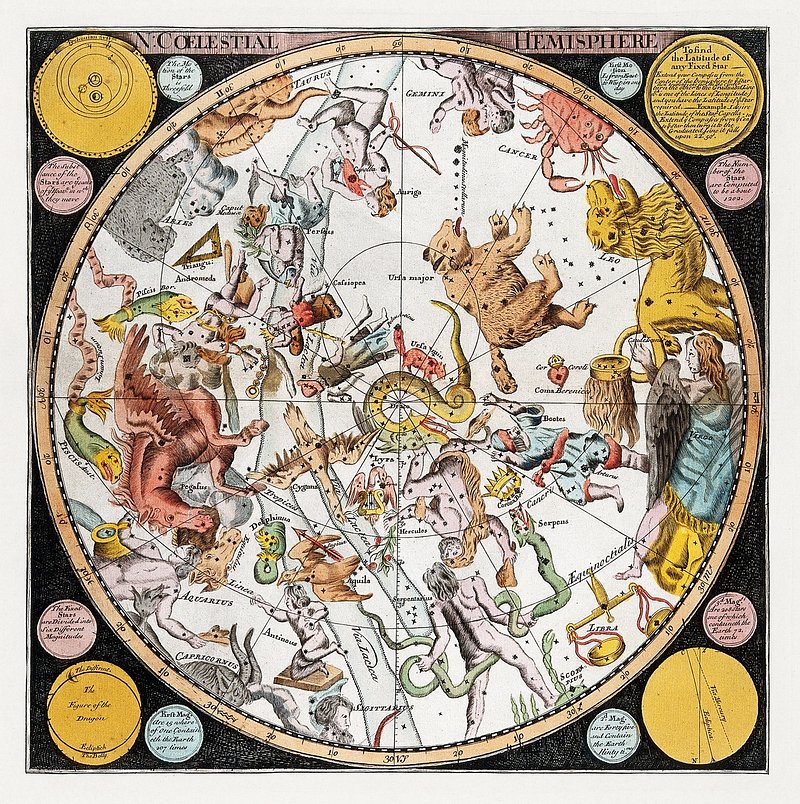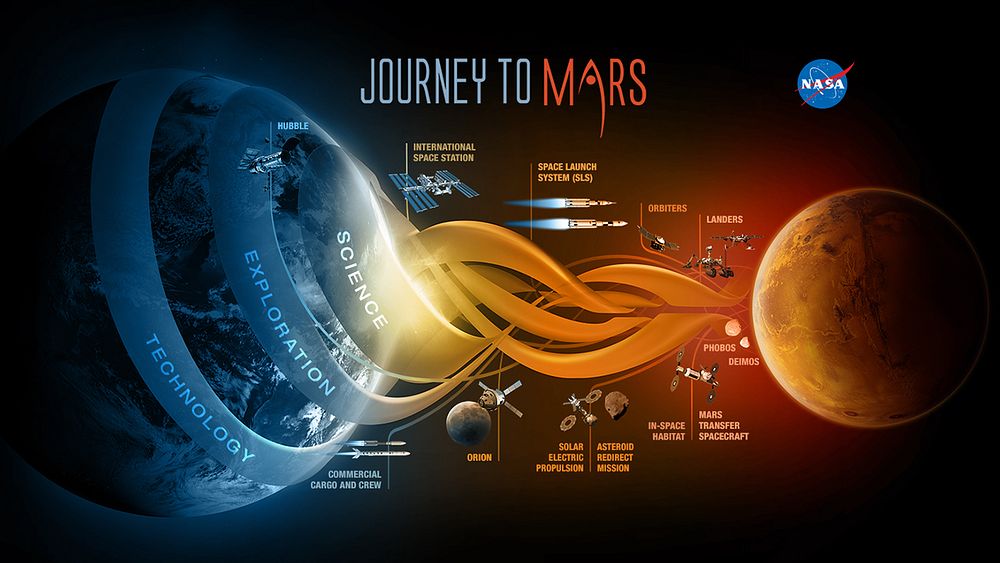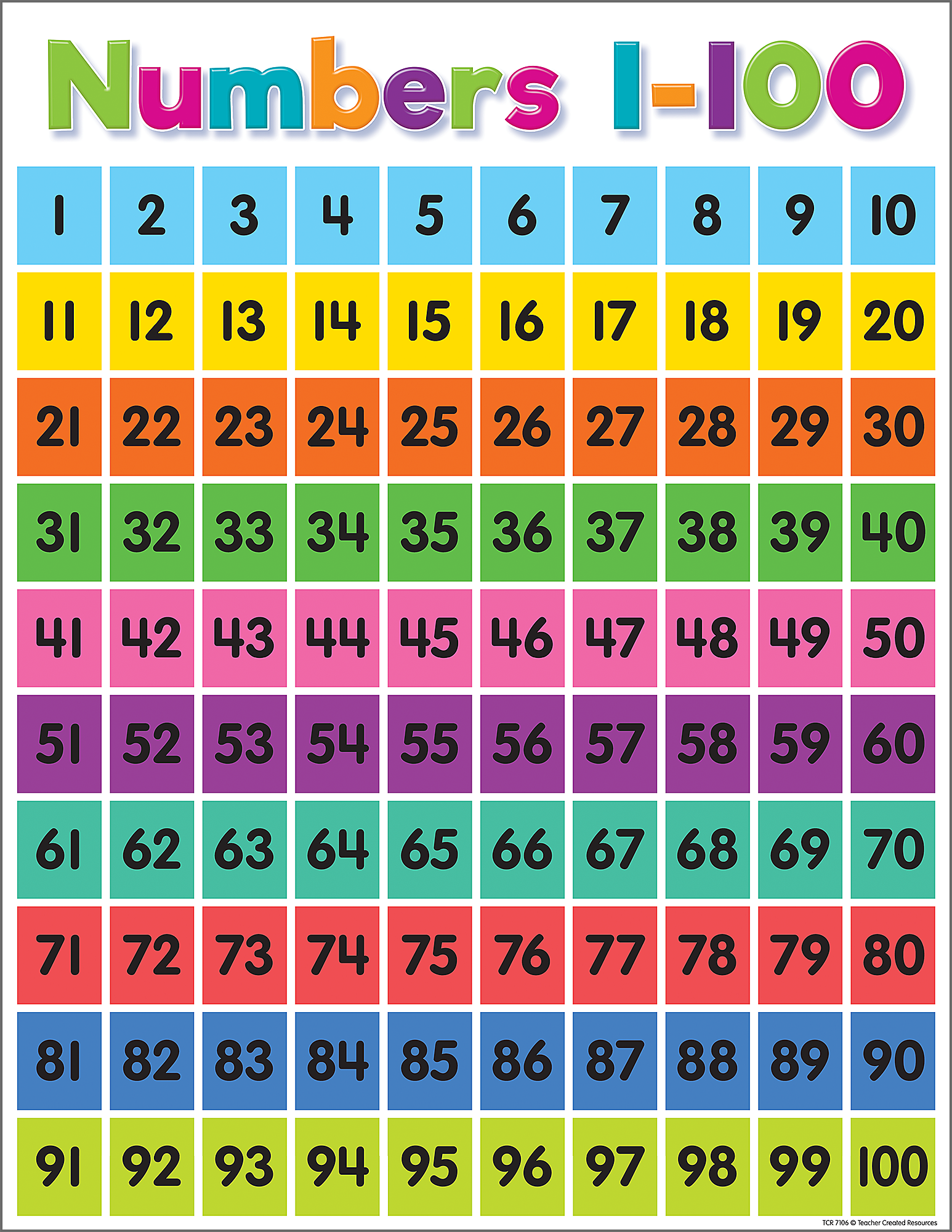John von Neumann stands as a towering figure in the annals of 20th-century science, distinguished by his profound contributions across multiple disciplines. Born in Budapest in 1903, his remarkable intellect manifested early, positioning him as a child prodigy. His trajectory—from prodigy to pivotal architect of the atomic bomb and the first computer—chronicles a legacy defined by unparalleled brilliance, unwavering dedication, and an insatiable quest for knowledge that has irrevocably shaped modern scientific thought and technological advancement.
Von Neumann’s Intellectual Prowess
The early years of von Neumann in Budapest were marked by a prodigious aptitude for mathematics, aside from an insatiable curiosity. His mother conscientiously kept a record of his various developmental landmarks, including writing that he as a newborn was unnervingly mature. His mathematics talent was so great that he could present proofs for theorems that had baffled his professors, which left them with amazement at his capabilities.
The move to America in 1930 marked a fresh start. In 1933, he was finally at the Institute for Advanced Study at Princeton in New Jersey, considered the best-known company in science, physics, and mathematics of this century, alongside Albert Einstein. It was here that von Neumann’s work would start crossing with the major events that defined the 20th century.
During World War II, his expertise was called upon in service of the Manhattan Project. His work relative to the method of implosion was fundamental to the atomic bombs that would eventually be dropped on Hiroshima and Nagasaki. The ethical implications of this work would be a subject of much debate later, but at the time, von Neumann was driven by the scientific challenge and the urgency of the war effort.
In addition to his work on the bomb, von Neumann began developing the foundation of the digital age. Weeks before the bombing of Hiroshima, he published a paper detailing what would become his model for a programmable digital computer: the von Neumann architecture that all modern computing rests on. MANIAC, the very first computer at Los Alamos National Laboratory, had been christened so in recognition of the contribution of von Neumann to the project. It was a contraption that manifested his dream of how computing would look in times to come.
However, besides atomic bombs and computers, his works and interests greatly exceeded the named ones. Indeed, it was he who set up the mathematical grounds for quantum mechanics-a branch of physics that was destined to change our perception of the subatomic world forever. Before the structure of DNA was discovered, von Neumann was already to describe how the genetic mechanism of self-replication works, a suggestion of just how intricate and beautiful biological life must be.
Probably one of the most abiding legacies of von Neumann is in the field of game theory. Von Neumann realized that in strategic interactions, it would be possible to apply mathematical principles-a radical idea then and one which would radically influence economics and military strategy through the Cold War. Insight into the nature of human decision-making and competition abides with his contribution.
Despite his colossal achievements, von Neumann’s life was not without its shares of challenges. Illness probably due to radiation exposure during his stint at Los Alamos dogged his final years. When he died of cancer in 1957, his razor-sharp mind finally began to destroy itself. But even in his delirium, the government was concerned that secrets would be inadvertently revealed-so deep and profound was his knowledge in that field of science.

The Legacy of a Genius
The legacy of John von Neumann is complex, multilayered. His contributions to science and technology have shaped the modern world in ways which are still being understood. As we grapple with the ethical and societal implications of nuclear weapons and artificial intelligence, the story of von Neumann reminds one of the power of human intellect and the responsibility that comes with it. His life’s work corpus continues to inspire and challenge us in our attempts to harness the forces he helped unleash in service of humanity.
Now, going deeper into the polymath genius of John von Neumann, is to contemplate a man whose mind was as boundless as the universe, and as finely calibrated as the subatomic particles he sought to understand. Indeed, his contributions to quantum mechanics, genetics, and game theory have founded whole sciences, but simultaneously raised fundamental questions about reality and human life.
It is not possible to overestimate what von Neumann has done with quantum mechanics. He put a mathematical frame around a theory that was supposed to change and extend our notion of the physical world. His work on this topic was essential; he provided the ground upon which other physicists would be able to venture into the weird and non-intuitive land of quantum phenomena. The mathematical structure he formulated is still existing today, as one goes further into the quantum world, looking for secrets and any other potential use of it.
Genetics was where von Neumann was ahead of his time. Before the very structure of DNA had been uncovered, he described the mechanism of genetic self-replication. Such a prescient insight into the complexity of biological processes and an intimate, complex dance at the level of life on a molecular scale was a foreboding one. Such work in this area presaged the explosion of genetic research that would ensue during the latter half of the 20th century, leading to such revolutionary findings in medicine and biotechnology.
Perhaps the most lasting hallmark of von Neumann lies in game theory. An application of mathematical logic into strategy opened an entire avenue of argument in economics, politics, and military strategy altogether. His ideas were deeply influential during the Cold War, when nations had the delicate balance of power amidst the threat of nuclear annihilation. Today, the theory of games remains an important means to understand the complicated complexity of human decision and competition.
While these monumental contributions notwithstanding, the work of von Neumann does bring out some very disconcerting questions about the ethical effect of scientific progress. His involvement in the development of the atomic bomb and the very foundations of artificial intelligence raised debates about the responsibility of scientists in applying their discoveries. Where the power to create exists, so too does the power to destroy, and the legacy of von Neumann is a constant reminder of this duality.
And as we speak about the outcome of von Neumann’s work, one needs to think of a man and his genius with regards to our world. Tales of his childhood as related by his mother and professors described a mind working in planes of thought different from most mortals. His effortless solving of complex mathematical problems and his relentless pursuit of knowledge were both awesome and, to some, a little unnerving.
It is in the mysteriousness of von Neumann’s genius that the novel ‘The MANIAC’ by Benjamín Labatut straddles. Mixing fact and invention, Labatut investigates one of the more unsettling thoughts about modernity: that the minds responsible for its making might not have been quite sane. The book is a question as to the price of untrammeled intellectual curiosity, a question about the dangers of scientific knowledge when it is divorced from all ethical systems that might control its use.
And in that character role, Labatut has cast von Neumann, Faust-like, as the figure who transgressed the limits of knowledge. The novel invites us to consider what the cost may be for human progress. Von Neumann’s brilliance is seen to have been his gift and his curse, one that allowed him to unlock the secrets of the universe, but at the same time possibly compromising the future of humanity.
The legacy of John von Neumann is as multilayered as the problems he tried to resolve. His work surely has promoted human knowledge and opened a completely new world to science and technology, but at the same time, it has to be seen as a real warning to the power of intellect and how intellect is used with wisdom and foresight.
The story of von Neumann tends to underline, as we struggle through the intricacies of the 21st century, that the pursuit of knowledge is, in fact, double-edged-a virtual Sword of Damocles suspended above our collective head. It falls to us to ensure that the intellectual fires he helped light are harnessed and utilized to light our way forward, rather than to fan the flames of our own undoing. In this way, we assume our responsibility for handling the legacy of one of the greatest minds in the history of mankind and, in consequence, try to build a better world, more considerate.
Related posts:
The Smartest Man Who Ever Lived
John von Neumann
Von Neumann, the Smartest Person of the 20th Century



